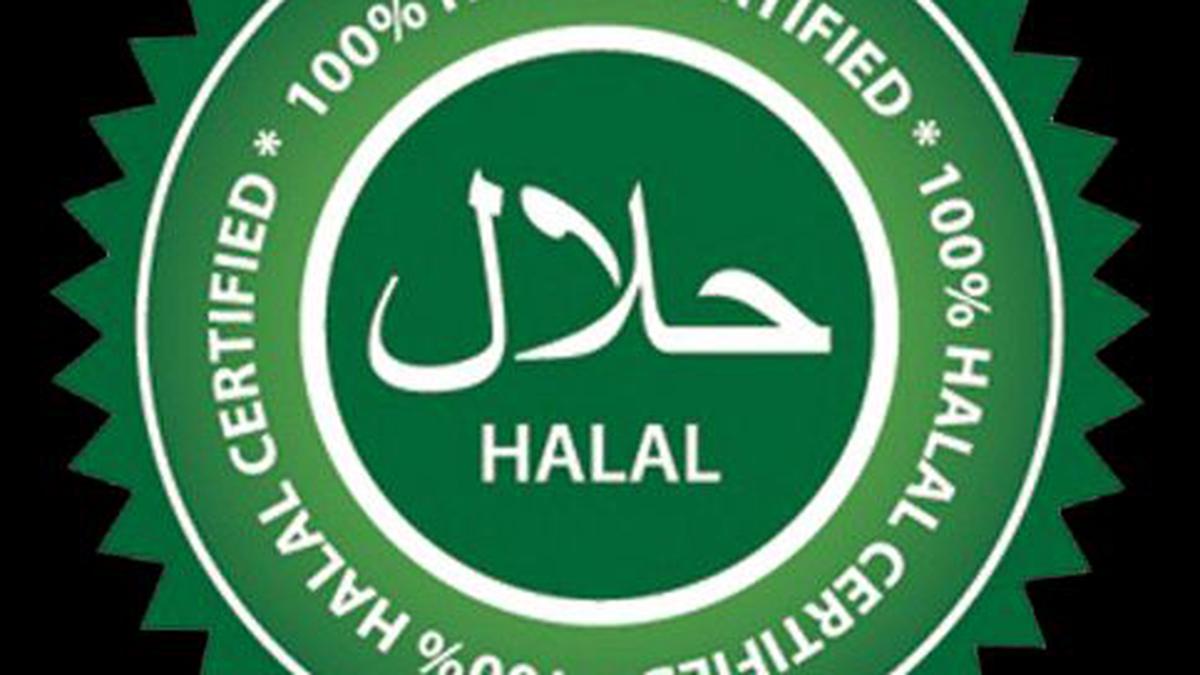Halal certification is essential for businesses that cater to Muslim consumers in the UK. It ensures that food, drinks, cosmetics, and other products follow Islamic guidelines. With a growing demand for halal products, many companies are seeking certification to gain trust and expand their customer base.
This guide will explain halal certification in the UK, its importance, the certification process, and how businesses can apply.
What Is Halal Certification?
Halal means “permissible” in Arabic. In the context of food and products, it refers to items prepared according to Islamic laws. A halal certification confirms that a product is free from any forbidden ingredients and follows halal processing standards.
Halal certification is not just for food. It also applies to:
- Meat and poultry (slaughtered following Islamic rules)
- Dairy and bakery products
- Cosmetics and personal care items
- Medicines and supplements
- Cleaning and household products
Why Is Halal Certification Important?
Halal certification benefits both businesses and consumers. Here’s why it matters:
1. Builds Trust with Muslim Consumers
Muslim customers look for the halal logo when shopping. Certification gives them confidence that the product meets their religious requirements.
2. Expands Market Reach
The UK has a large Muslim population, and the global halal market is worth billions. Having a halal certificate allows businesses to tap into this market and increase sales.
3. Ensures Compliance with Islamic Laws
For companies producing halal products, certification ensures they meet strict guidelines. This prevents mistakes and maintains credibility.
4. Encourages Ethical Practices
Halal certification also promotes hygiene, humane treatment of animals, and ethical sourcing of ingredients.
Types of Halal Certifications in the UK
Different halal certification bodies operate in the UK. They provide certificates based on Islamic laws. Some major types include:
1. Halal Food Certification
This is for restaurants, food manufacturers, and retailers. It ensures all ingredients, preparation methods, and storage conditions meet halal standards.
2. Halal Meat Certification
Meat and poultry must come from animals slaughtered using the Islamic method, known as Zabiha. Certification ensures proper handling and distribution.
3. Halal Cosmetics Certification
Many skincare and beauty products contain alcohol or animal-derived ingredients. Halal certification guarantees that these products are free from haram (forbidden) substances.
4. Halal Pharmaceuticals Certification
Medicines and supplements often have gelatin or alcohol-based ingredients. Certification ensures they meet halal guidelines.
5. Halal Hospitality Certification
Hotels, airlines, and catering services can also obtain halal certification. This confirms that their food, drinks, and services follow Islamic principles.
How to Get Halal Certification in the UK
Businesses must follow a step-by-step process to obtain halal certification.
1. Choose a Halal Certification Body
Several organisations provide halal certification in the UK. Choose a reputable one that follows internationally accepted halal standards.
2. Submit an Application
Companies need to apply and provide details about their products, ingredients, and production processes.
3. Inspection and Audit
The certification body will send auditors to inspect the facility. They check ingredients, equipment, hygiene, and handling procedures.
4. Testing and Verification
Some products require lab testing to confirm they do not contain haram ingredients.
5. Approval and Certification
If everything meets halal standards, the company receives a halal certificate and can use the halal logo on its products.
How Long Does Halal Certification Take?
The process varies based on the business type and certification body. It can take anywhere from a few weeks to several months. Regular audits ensure continued compliance.
Halal Certification and UK Law
While halal certification is not mandatory by UK law, businesses that cater to Muslim consumers must follow halal guidelines. The Food Standards Agency (FSA) regulates food safety, including halal meat labelling and processing.
Common Misconceptions About Halal Certification
1. Halal Certification Is Only for Meat
Many people believe halal only applies to meat. However, it covers a wide range of products, including cosmetics, medicines, and cleaning supplies.
2. All Vegetarian and Vegan Foods Are Halal
Not all plant-based foods are halal. Some contain alcohol, cross-contaminated ingredients, or additives that are not halal-certified.
3. Halal Certification Is Expensive
The cost of halal certification varies but is affordable for most businesses. The benefits outweigh the costs by opening doors to a large market.
How to Identify Halal-Certified Products
Consumers can check for halal certification by:
- Looking for a recognised halal logo on the packaging
- Checking the certification body’s website
- Reading ingredient labels for haram substances like alcohol and pork derivatives
For more information visit Website
Conclusion
Halal certification in the UK is growing in demand. It benefits businesses by building trust, expanding market reach, and ensuring compliance with Islamic laws. Getting certified involves selecting a recognised body, undergoing inspections, and meeting strict guidelines.
For Muslim consumers, halal certification guarantees they are purchasing products that align with their faith. As the halal market expands, more businesses are recognising the value of halal certification.


